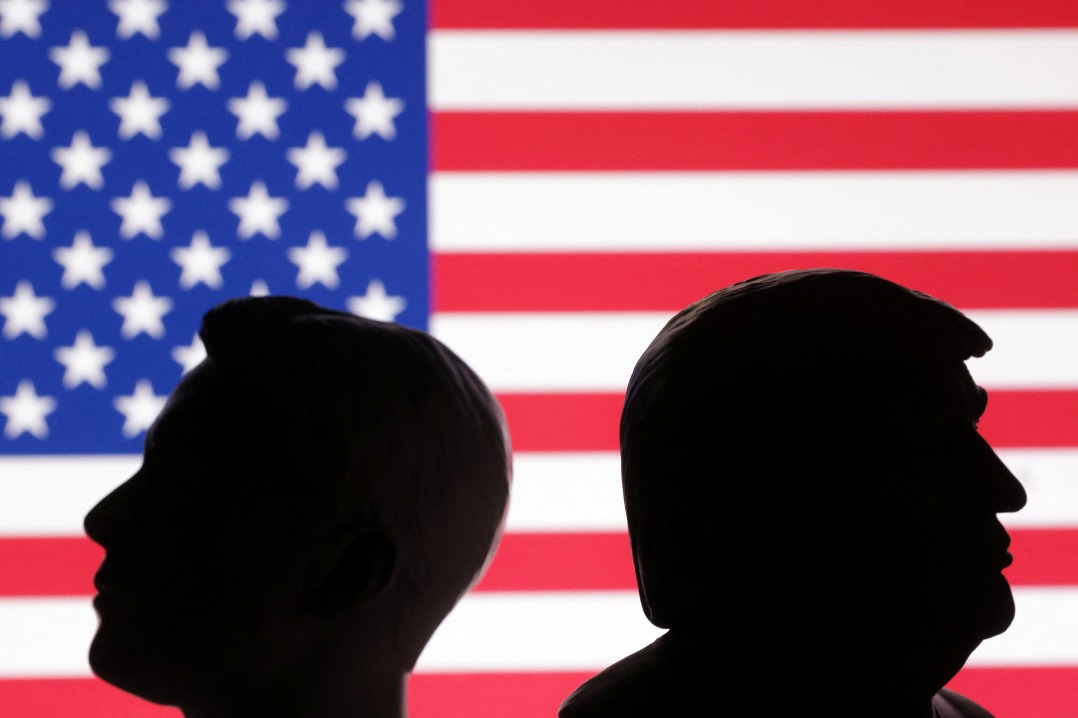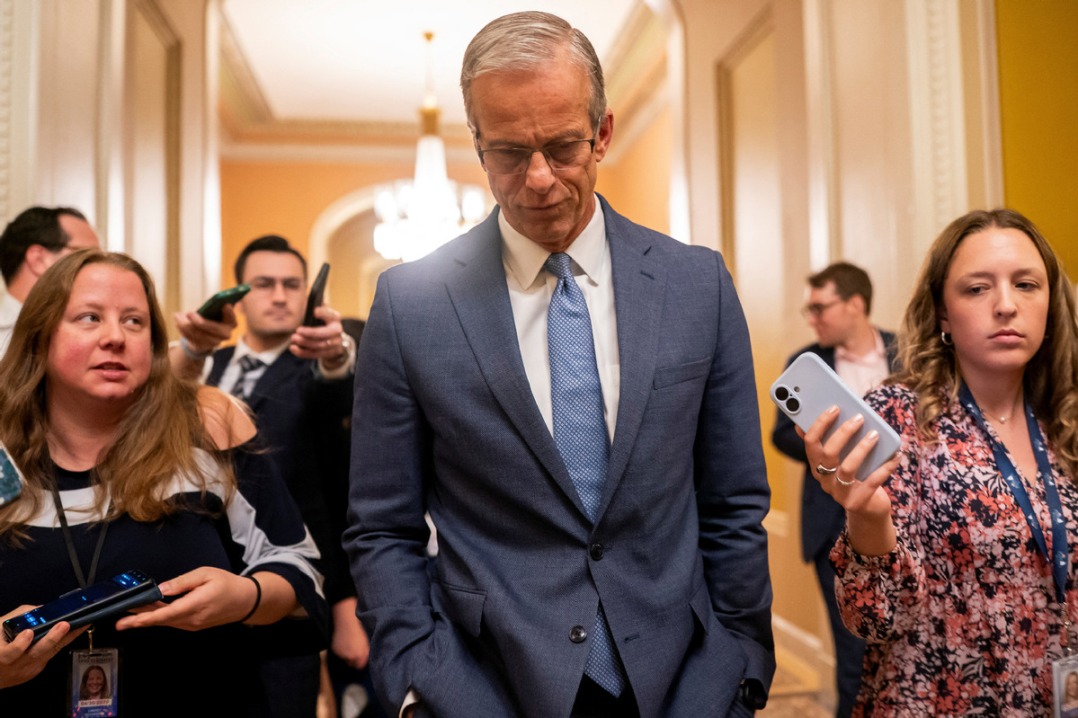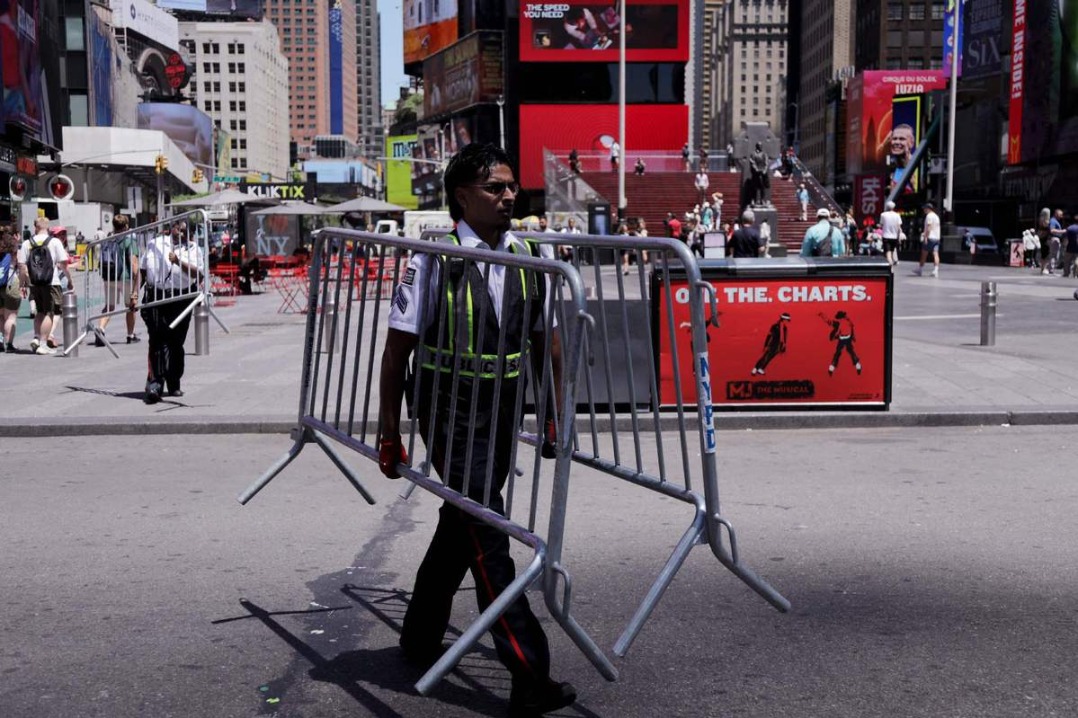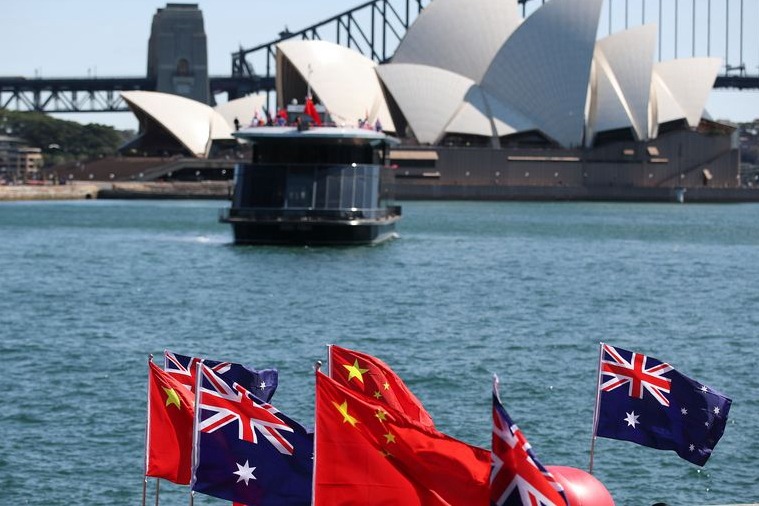A burger giant looks to do the 'Impossible' with a non-beef patty that 'bleeds'

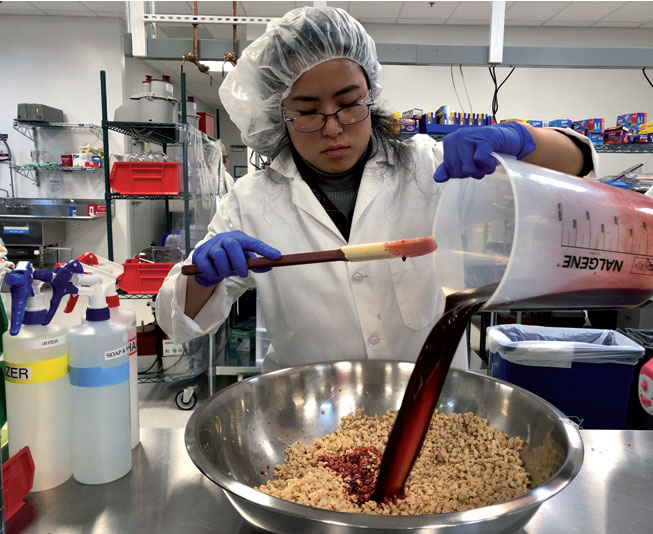
Hold the pickle, hold the lettuce and … the beef?
Burger King, longtime purveyor of char-broiled beef patties, is test-marketing a plant-based version of its signature Whopper sandwich.
The “Impossible Whopper” is soy protein-based, and the company swears that it is difficult for burger-meisters to tell the difference.
The Impossible is currently being sold in 59 Burger King locations in the St. Louis, Missouri area, and it costs $1 more than the beef Whopper. (Ironically, Missouri in 2018 became the first state to make it illegal to use the word meat for products “not derived from harvested production livestock or poultry”.)
The supplier for the sandwich is Impossible Foods, based in Redwood City, California. The startup beefless-burger maker uses heme, an iron-rich protein derived from soy plant roots that makes the patties appear to bleed and taste like real meat.
Here is what the company says the patties are made of: “water, soy protein concentrate, coconut oil, sunflower oil, natural flavors, 2 percent or less of: potato protein, methylcellulose, yeast extract, cultured dextrose, food starch modified, soy leghemoglobin (heme), salt, soy protein isolate, mixed tocopherols (Vitamin E), zinc gluconate, thiamine hydrochloride (Vitamin B1), sodium ascorbate (Vitamin C), niacin, pyridoxine hydrochloride (Vitamin B6), riboflavin (Vitamin B2) and Vitamin B12”.
The meatless trend has its roots in the green movement, with consumers becoming increasingly aware of the suffering of animals slaughtered in meat production, along with the greenhouse gases released.
Impossible Foods’ website proclaims that “using animals to make meat is a prehistoric and destructive technology. Animal agriculture occupies almost half the land on earth, consumes a quarter of our freshwater and destroys our ecosystems. So we’re doing something about it: we’re making meat using plants, so that we never have to use animals again.”
Burger chain White Castle has been selling an “Impossible Slider” at its 377 US locations since September. Another California plant-based burger maker, El Segundo-based Beyond Meat, began supplying the Carl’s Jr. burger chain in January.
Microsoft founder Bill Gates is an investor in both Impossible and Beyond, and the latter company is preparing for an IPO. The plant-based meat industry has caught the interest of other major investors, too, such as Cargill, and is on the verge of breaking out.
The powerful cattle industry is not thrilled with plant-based burgers. More than a dozen states have introduced laws to make it illegal to use the word meat to describe burgers made from plant-based ingredients or grown in labs, The New York Times reported.
It’s not that veggie burgers are anything new — Burger King has had one for years. But what makes the “Impossible” unique is that it is being pitched as beef-like in taste.
I would give it a try. I had a veggie burger a while back that the waiter said was “really good”. It wasn’t.
“People on my team who know the Whopper inside and out, they try it and they struggle to differentiate which one is which,” Fernando Machado, Burger King’s chief marketing officer, told the Times. He said that Burger King will take the Impossible national if the St. Louis trial is a success.
Burger King, owned by Toronto-based Restaurant Brands International, started in Jacksonville, Florida, in 1953. It now has 7,200 restaurants in the US and has been in China since 2005, where it has more than 800 outlets.
When the “Impossible” story came out on Monday, several news sites were suspicious that the King was pulling an April Fool’s Day joke.
The leading American burger giant, McDonald’s, with 14,000 US locations, did run with an April Fools’ Day stunt: a “McPickle” burger. The company’s Australia operation piqued palates with the ploy.
“Pickle lovers, it’s the news you’ve all been waiting for,” McDonald’s Australia’s Instagram account heralded. “It’s time to tuck into juicy, flavoursome pickles layered between melted cheese, ketchup sauce and toasted sesame seed buns. It’s sure to be a treat for all your senses.”
Maybe McDonald’s should make the McPickle real, or it could find itself in a competitive pickle with Burger King’s heme burger.
In fact, there is an online petition with more than 63,000 signers calling for McDonald’s to put a plant-based burger on its menus.
















